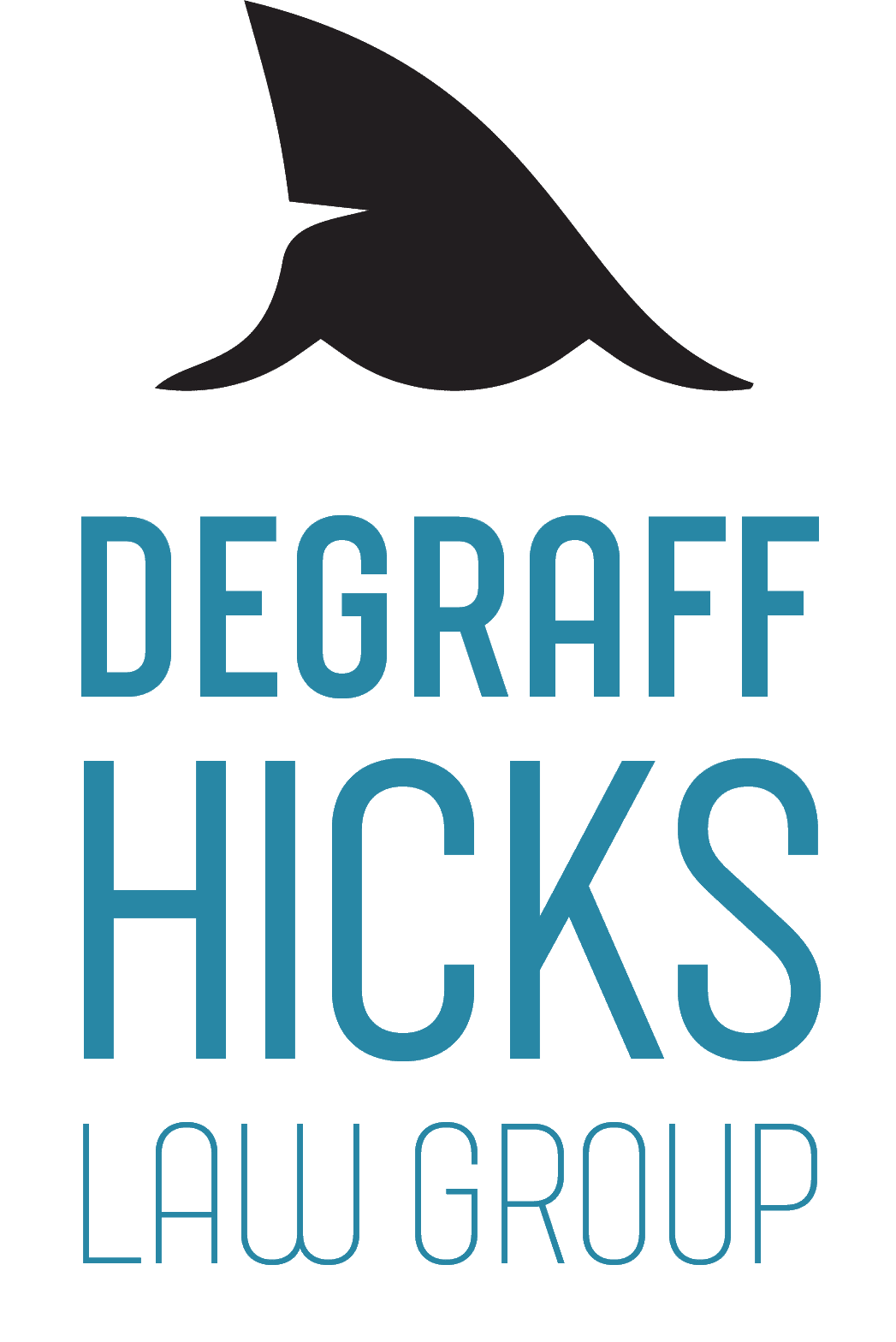Stalking is one of the most misunderstood criminal charges in Florida. While many people think of stalking as someone physically following another person, Florida law casts a much wider net. In fact, repeated unwanted texts, emails, or social media messages can lead to criminal charges. If you or someone you know is facing a stalking or cyberstalking charge, it’s important to understand how the law works, what penalties may apply, and what defenses are available.
How Florida Defines Stalking
Under Florida law, stalking is defined as willfully, maliciously, and repeatedly following, harassing, or cyberstalking another person【Florida Statutes § 784.048】.
This includes both:
- Traditional stalking — physically following or repeatedly contacting someone against their wishes.
- Cyberstalking — using electronic communication (text, email, social media, etc.) to cause substantial emotional distress to another person and serving no legitimate purpose.
A single act may not be enough to qualify as stalking, but a pattern of behavior—even if non-violent—can lead to criminal charges.
Types of Stalking Offenses in Florida
Florida law recognizes several categories of stalking, each with different levels of severity:
- Misdemeanor Stalking — Basic stalking charges, typically involving harassment without threats. Punishable by up to 1 year in jail.
- Aggravated Stalking — Involves credible threats of harm, stalking a child under 16, or stalking while under a restraining order. This is a felony punishable by up to 5 years in prison.
- Cyberstalking — Includes repeated online harassment or threats. Aggravated cyberstalking, especially with threats or involving minors, is treated as a felony.
Because aggravated stalking carries felony-level penalties, prosecutors often look for facts that allow them to elevate charges.
Penalties for Stalking in Florida
The consequences for stalking vary depending on the charge:
- Misdemeanor Stalking — Up to 1 year in jail, probation, and fines.
- Aggravated Stalking — Up to 5 years in prison, probation, and fines.
- Protective Orders — Courts often issue injunctions (restraining orders) prohibiting contact with the alleged victim.
Collateral consequences can also be devastating: loss of employment, damaged relationships, loss of custody rights, and permanent stigma from a criminal record.
Common Defenses to Stalking Charges
Not every allegation of stalking holds up in court. Common defenses include:
- Lack of intent — Showing that communication or behavior was not malicious or meant to harass.
- Legitimate purpose — Contact that served a lawful reason, such as business-related communication.
- Insufficient evidence — Demonstrating that conduct does not meet the statutory definition of stalking.
- Mistaken identity — Particularly in cyberstalking cases where accounts may be hacked or impersonated.
- False accusations — Raising doubt when allegations are made out of anger, revenge, or misunderstanding.
An experienced defense lawyer can often use these defenses to reduce or dismiss charges.
What to Do if You’re Accused of Stalking in Florida
If you’ve been accused of stalking or cyberstalking:
- Do not contact the accuser — Any communication could be used against you.
- Preserve evidence — Save texts, emails, or messages that may support your defense.
- Seek legal counsel immediately — The earlier an attorney is involved, the better your chances of protecting your rights.
- Understand your rights — You are innocent until proven guilty, and the prosecution must meet a high burden of proof.
Don’t Let Your Life Be Ruined By a Stalking Charge! Call DeGraff Hicks Law Group Today!
Florida stalking laws are broad and can criminalize behavior that may not seem threatening at first glance. A stalking or cyberstalking conviction can mean jail time, fines, restraining orders, and long-term consequences that follow you for years. If you are facing these charges, it’s critical to have experienced legal representation on your side. At DeGraff Hicks Law Group, we defend clients against stalking allegations with compassion, discretion, and aggressive advocacy.
Call us today at (321) 44-SHARK to schedule a confidential consultation and protect your future.


